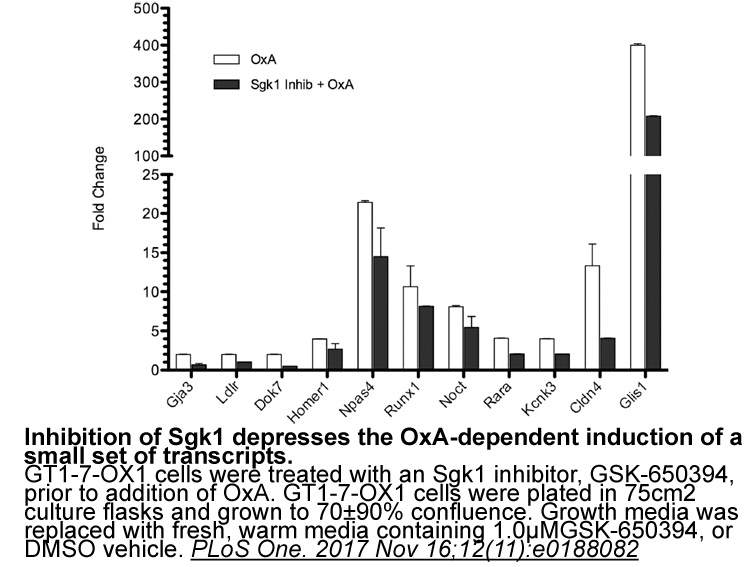Archives
So how exactly are growth mindsets linked with resilience
So how exactly are growth mindsets linked with resilience to setbacks? Research has primarily focused on the associations between mindsets and motivational variables such as attributions and achievement goals to address this question (Dweck et al., 1995; Dweck and Leggett, 1988; Hong et al., 1999; Mueller and Dweck, 1998; see Burnette et al., 2013 for a review). Whereas growth-minded individuals tend to attribute failure to a lack of effort and adopt learning goals to learn as much as possible when approaching a new task, fixed-minded individuals attribute failure to a lack of ability and adopt performance goals – they bace inhibitor strive to outperform others (Dweck and Leggett, 1988). An illustrative series of studies (Diener and Dweck, 1978, 1980; as reviewed in Dweck and Leggett, 1988) compared reactions to failures between late grade school-age children classified as mastery-oriented (who attributed failure to a lack of effort, akin to the growth mindset) and those classified as helpless (who attributed failure to a lack of ability, akin to the fixed mindset). Children’s verbalizations of their thoughts and feelings were recorded as they worked through an increasingly difficult concept formation task. Prior to enc ountering failure, there were no differences in verbalizations or performance between the two groups. However, several distinctions were found immediately following the onset of failure. Most notably, compared to mastery-oriented children, helpless children tended to 1) report negative self-cognitions such as blaming their deficient memory or intelligence for their failure, 2) express more negative affect, and 3) divert their attention away from their failed task performance, for example by speaking of their talents in other domains. These cognitive and affective differences were accompanied by a sharp decline in performance following failure among the helpless children.
These findings illustrate the far-reaching impacts of mindsets on important motivational processes following setbacks and mistakes. Yet, this research has almost exclusively relied on self-report and behavioral observation methods. As such, these studies cannot speak directly to the underlying cognitive processes occurring immediately following failure. It is also possible that requiring participants to verbalize their own attributions, feelings, goals, and strategies after setbacks alters the experience of the performance situation itself and limits generalizability. Fortunately, recent work has used cognitive neuroscience methods to better understand the neurocognitive mechanisms related to mindsets, mistakes, and adjustments in a minimally intrusive manner. We briefly review two mindset studies that used event-related brain potentials (ERPs), a methodology that allows for the precise measurement of distinct cognitive processes as they unfold over time (Luck, 2014).
The first study asked fixed- and growth-minded college students to complete a very difficult general knowledge task (Mangels et al., 2006). On each trial after participants provided a response, they received performance feedback (i.e., “correct/incorrect”) followed by learning feedback (i.e., the right answer). Findings indicated that whereas differences were rather small between the mindset groups in terms of the immediate good/bad categorization of the performance feedback– as reflected by the feedback-related negativity (Holroyd and Coles, 2002), a much larger difference emerged following the learning
ountering failure, there were no differences in verbalizations or performance between the two groups. However, several distinctions were found immediately following the onset of failure. Most notably, compared to mastery-oriented children, helpless children tended to 1) report negative self-cognitions such as blaming their deficient memory or intelligence for their failure, 2) express more negative affect, and 3) divert their attention away from their failed task performance, for example by speaking of their talents in other domains. These cognitive and affective differences were accompanied by a sharp decline in performance following failure among the helpless children.
These findings illustrate the far-reaching impacts of mindsets on important motivational processes following setbacks and mistakes. Yet, this research has almost exclusively relied on self-report and behavioral observation methods. As such, these studies cannot speak directly to the underlying cognitive processes occurring immediately following failure. It is also possible that requiring participants to verbalize their own attributions, feelings, goals, and strategies after setbacks alters the experience of the performance situation itself and limits generalizability. Fortunately, recent work has used cognitive neuroscience methods to better understand the neurocognitive mechanisms related to mindsets, mistakes, and adjustments in a minimally intrusive manner. We briefly review two mindset studies that used event-related brain potentials (ERPs), a methodology that allows for the precise measurement of distinct cognitive processes as they unfold over time (Luck, 2014).
The first study asked fixed- and growth-minded college students to complete a very difficult general knowledge task (Mangels et al., 2006). On each trial after participants provided a response, they received performance feedback (i.e., “correct/incorrect”) followed by learning feedback (i.e., the right answer). Findings indicated that whereas differences were rather small between the mindset groups in terms of the immediate good/bad categorization of the performance feedback– as reflected by the feedback-related negativity (Holroyd and Coles, 2002), a much larger difference emerged following the learning  feedback, such that growth-minded individuals exhibited greater sustained left temporal negativity (Butterfield and Mangels, 2003). The authors suggested that this was reflective of greater attention allocation to the learning feedback. Growth-minded individuals also had superior performance on a surprise retest of the questions they had initially answered incorrectly, perhaps because they paid more attention during the learning feedback phase.
feedback, such that growth-minded individuals exhibited greater sustained left temporal negativity (Butterfield and Mangels, 2003). The authors suggested that this was reflective of greater attention allocation to the learning feedback. Growth-minded individuals also had superior performance on a surprise retest of the questions they had initially answered incorrectly, perhaps because they paid more attention during the learning feedback phase.